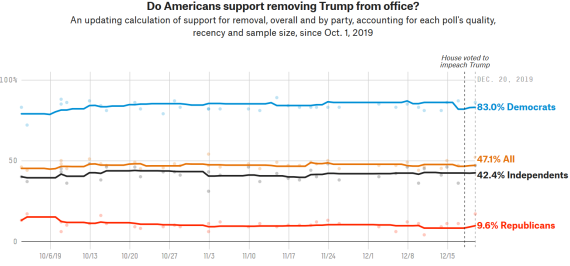I just finished reading Thomas Jefferson: The Art of Power (by John Meacham). Jefferson, of course, wrote the first draft of the Declaration of Independence and played many roles in early U.S. government including George Washington’s Secretary of State and two terms as President.
The book offers fascinating insights into the man, but I most appreciated Jefferson’s observations about the politics of his times. It was an era of widespread partisan suspicion and distrust, not all that different from today. For example, Jefferson was convinced that Federalists like John Adams and Alexander Hamilton were working to undermine popular rule and reestablish ties with Britain. There were even rumors that the northern states were planning to secede and align with British interests in what is now Canada. Each party’s newspapers portrayed the other side in the most sinister terms. Character assassination was rampant.
Jefferson was not above this fray. He did, however, stand out for his faith in popular rule at a time when there were few successful examples and many doubters. But Jefferson also understood that democracy depends on informed and educated citizens and that this was not to be taken for granted:
“I know of no safe depository of the ultimate powers of society, but the people themselves: and if we think them not enlightened enough to exercise their control with a wholesome discretion, the remedy is, not to take it from them, but to inform their discretion by education. This is the true corrective of abuses of constitutional power.”
Fast forward 200+ years. To me, the most striking pattern of the House impeachment debates is how little impact they seem to have had on public opinion. I found the revelations of the televised parade of witnesses that began on November 13th both surprising and very troubling. Yet the figure below indicates that these revelations had virtually no impact on opinion.
This was decidedly not the case for Nixon’s impeachment. Among Republicans, support for his removal increased from 6% to 31% before he resigned. Support for removing President Clinton from office increased among Democrats from 5% to 15%.

Source: fivethirtyeight.com
How can such events have so little impact on public attitudes? Is it because Americans aren’t paying attention? Is it because people are getting their information from different sources? Is it because partisanship is now so entrenched that no amount of information can change our minds? If so, what are the implications? Can our democracy continue to serve as the main bulwark against constitutional abuses of power (by Republicans or Democrats)?
This quarter’s faculty panel, “Information and Disinformation” takes up this important subject. Are citizens getting the information they need? Does information even matter anymore? What are the consequences for democratic rule? I expect this to be a very interesting and informative panel.
And speaking of democracy, one article in this newsletter profiles Kai Ping (Brian) Leung, a Ph.D. student in our department who has been an active participant in the pro-democracy demonstrations in Hong Kong. Like many Americans, I knew little about Hong Kong and appreciated having the opportunity hear Brian’s perspective on why its citizens are taking such great risks to protect promised democratic freedoms under China’s authoritarian regime.
